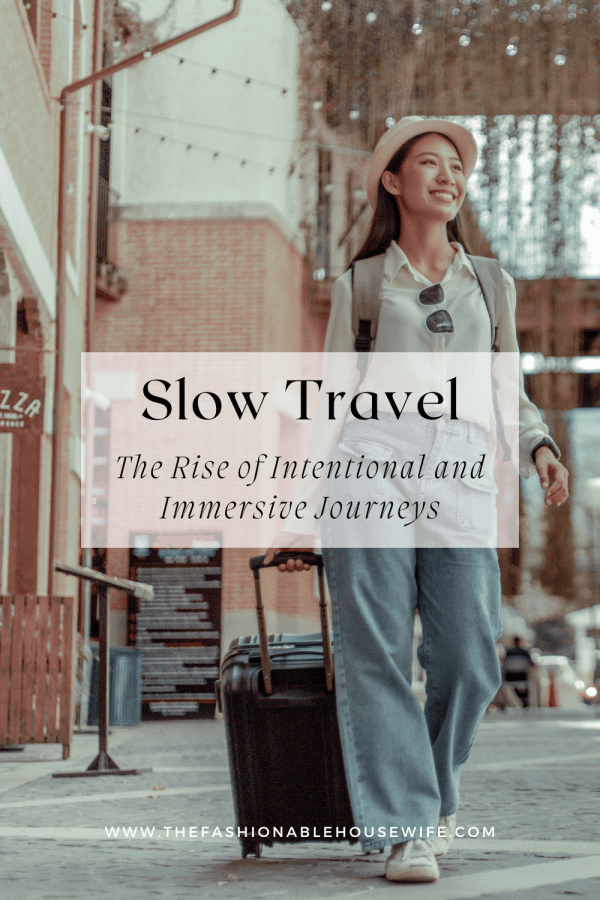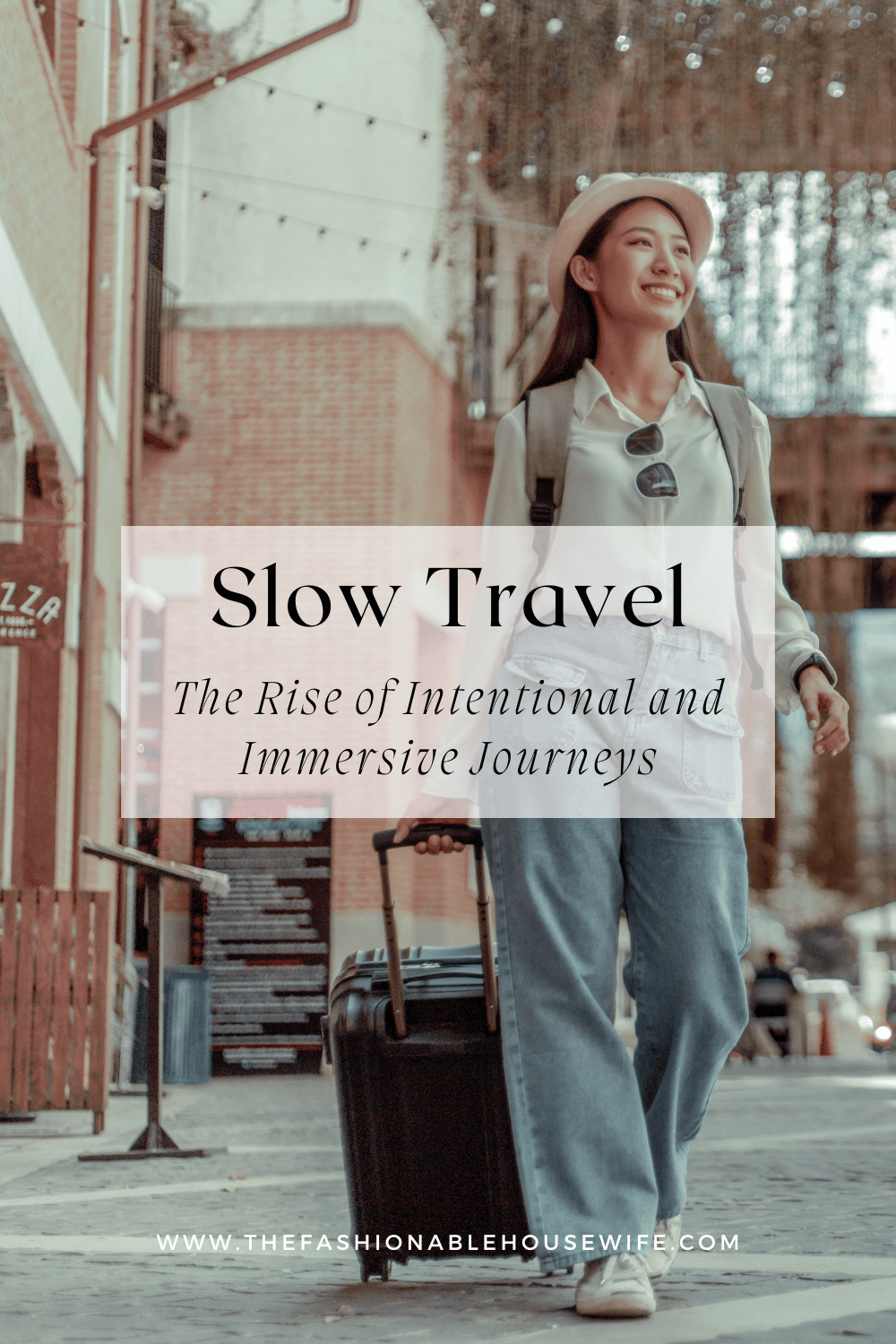Slow Travel: The Rise of Intentional and Immersive Journeys

What is Slow Travel?
The trend of slow travel now appeals to people as an antidote to fast-paced bucket list adventures in our present-day society. Thorough exploration of a single destination supersedes the practice of passing through numerous locations rapidly. The main focus of slower travel goes beyond traditional tourist routines since it seeks meaningful engagements with cultural or natural elements and human interaction. The main point of this experience is to feel multiple activities rather than observe numerous things.
Why Slow Travel is Gaining Popularity
People in the post-pandemic era seek purposeful living and thus have adopted a new approach to traveling. All things being equal tourists want real experiences more than they want theater and they yearn for discrete events instead of ceremonial accomplishments. Longer stays in the era of digital nomadism and wellness tourism allow people to focus on developing health and personal growth, especially when they choose to Stuga i Sälen ( book a cabin in Sälen ) for a peaceful and immersive experience.
The appeal of slowing down when you travel increases as it matches eco-friendly values in addition to sustainability principles. The slower travel movement gains stronger momentum since people adopt a quality-first attitude that appeals to all age groups.
Core Principles of Slower Travel
The core aspect of slower travel involves deliberate decision-making to appreciate the path toward destination. The experience requires active involvement with local pace and appreciation of minor experiences while following the path of curiosity. Tourists focus on building authentic relationships by speaking to native inhabitants as well as taking part in community customs.
Sustainability takes precedence for slow travel because it includes both environmental conservation measures and support for the local market. The journey towards genuine connections with visited destinations becomes possible through locally owned stays and slower travel methods which slow travelers actively pursue despite the reduced speed.

Benefits of Slow Travel
The practice of slow travel presents its travelers with gatherings of emotional and cultural experiences along with environmental benefits. Utilizing the this approach allows people to experience relaxation along with mindfulness and create lasting memories which cannot be achieved through hurried travel schedules. The cultural aspect of this type of travel lets tourists experience authentic local traditions as well as taste traditional foods while meeting people within their neighborhoods which generates more meaningful yet respectful travel experiences. Through slowing down when you travel visitors obtain personal growth because they learn to embrace new experiences which take them outside their comfort zones. It ends up with a happier and healthier experience too.
How to Embrace Slow Travel
The first step to develop that “slow travel” attitudes involves making decisions based on quality rather than rapid quantity accumulation. A better travel approach involves selecting one destination for an elongated stay instead of rushing from place to place. Public transport including trains and buses or cycling should replace flying as a mode of transportation between various stops. For your travel accommodations select residences and environment-friendly lodges and nearby businesses when you prefer staying instead of staying at multinational hotel franchises.
The best way to connect with local communities is by participating in community events along with workshops and active volunteering activities. Through such immersive practices one both learns deeper insights about the destinations while making beneficial impacts on local culture. Traveling at a leisurely pace really concerns your approach rather than your final destination.
Tips for Planning a Slow Travel Experience
You should establish adaptable objectives first then remove excessive planning from your schedule. You should bring minimal belongings since you require only essential items. You need to research ethical and sustainable customs of your travel destination before making any destination choices. You should maintain an open mind about changes in your plans because the core of slower travel is unexpected opportunities and accidental encounters. When you want to maintain focus on your present experience you should keep a diary or photo journal as a record of your journey. Sequential minor decisions will transform your journey into an enduring meaningful adventure which stays through your arrival.
Slow Travel is a More Conscious Way to Travel
The essence of slowing down when you travel eliminates speed because it focuses on meaningful destinations. The process allows us to shift our attention to meditation between ourselves and our environment. Each time you prepare for a journey ask yourself how you want to feel rather than which sights you wish to see.

